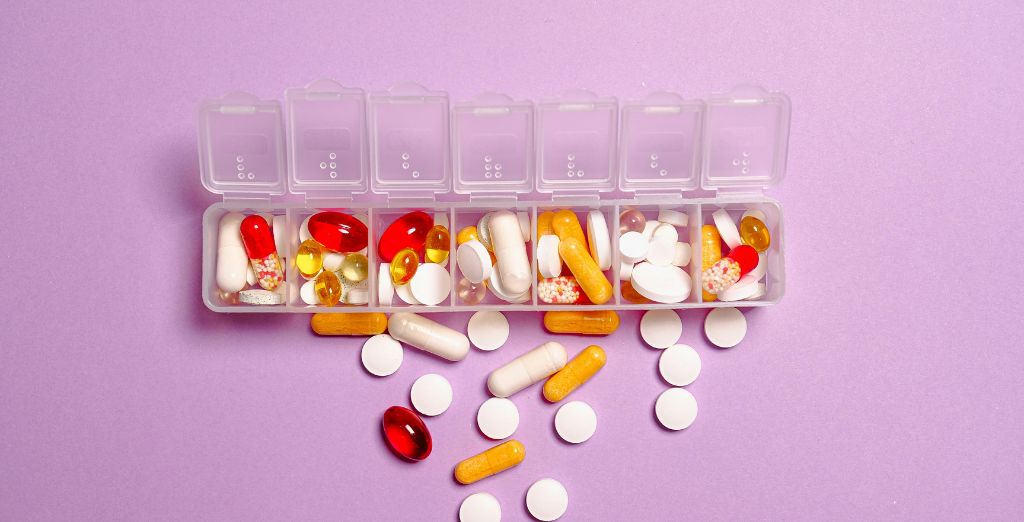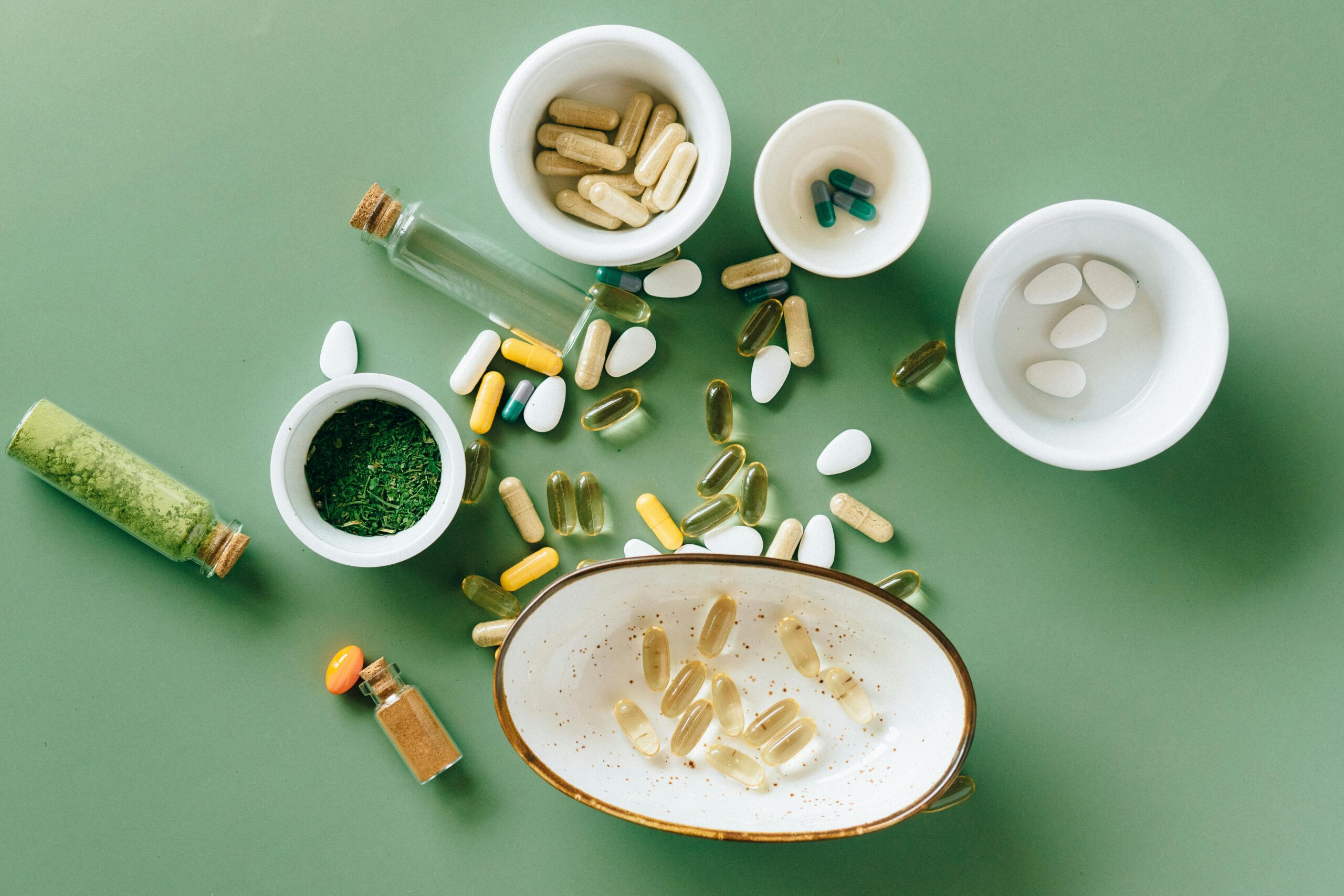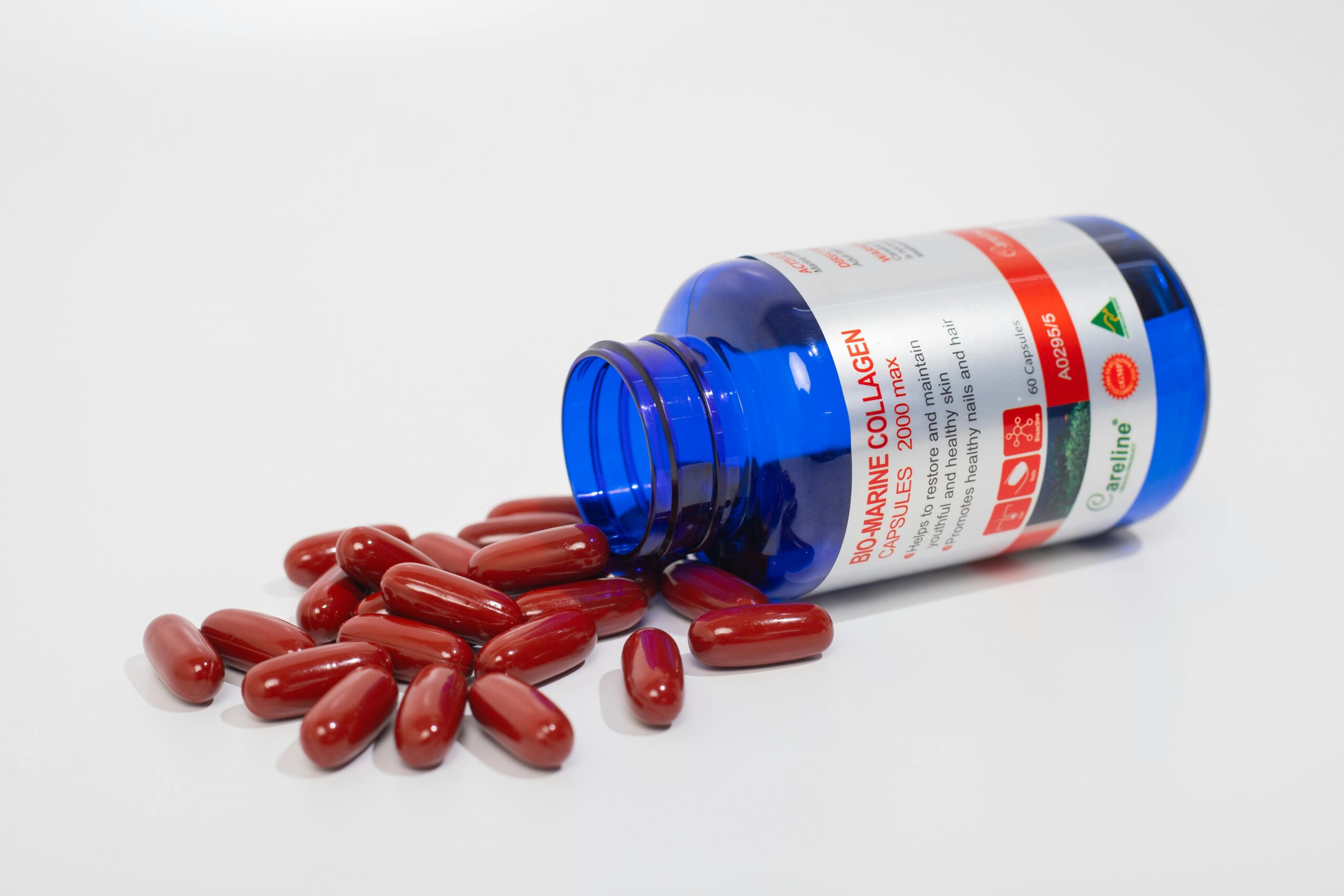Collagen causing anxiety has gained massive popularity in the wellness world. Known for supporting skin, hair, and joint health, it’s often promoted as a go-to supplement. Many people incorporate collagen causing anxiety into their daily routines to improve their skin’s elasticity, maintain joint health, and even boost overall vitality. However, as beneficial as collagen causing anxiety can be, some individuals have raised concerns about its effects on mood, specifically whether collagen causing anxiety can lead to feelings of anxiety. In this article, we’ll explore the relationship between collagen causing anxiety and anxiety, delving into the reasons why some people might experience this reaction and how to manage it.
Understanding Collagen and Its Role in the Body
Collagen causing anxiety is a protein that naturally occurs in the body. It is a primary component of connective tissues, making it essential for maintaining the strength and structure of the skin, bones, and joints. As we age, our collagen causing anxiety levels decline, leading to visible signs of aging, such as wrinkles and weaker joints. To counteract this natural loss, collagen supplements have become a popular choice, often made from animal or marine sources.
While collagen causing anxiety itself does not directly interact with the brain in ways that would typically influence anxiety, some people have reported feeling anxious after taking collagen causing anxiety supplements. This experience can be confusing, especially since collagen is generally considered safe. Let’s look deeper into why this might happen.
Is There a Link Between Collagen and Anxiety?

Research on the direct link between collagen causing anxiety is limited, and there is no scientific evidence showing that collagen itself causes anxiety. However, there are some indirect factors that could explain why some people may feel anxious after taking collagen. For example, collagen causing anxiety are often derived from animal protein sources, which may contain amino acids that affect neurotransmitter balance. Neurotransmitters are chemicals that influence mood, and an imbalance can contribute to feelings of anxiety or restlessness.
Additionally, individual responses to supplements can vary greatly. Some people might be more sensitive to certain compounds in collagen causing anxiety or to the amino acids it contains. While collagen causing anxiety is not known to inherently cause anxiety, these indirect factors could explain why certain individuals may experience anxiety-like symptoms.
Amino Acids in Collagen and Their Impact on Mood
Collagen causing anxiety is rich in amino acids such as glycine, proline, and hydroxyproline. Glycine, in particular, is noteworthy because it plays a dual role. While glycine is often calming and can promote relaxation, some people report feeling restless or uneasy after consuming it in higher amounts. Since collagen causing anxiety high levels of glycine, individuals sensitive to this amino acid might experience unusual reactions.
Furthermore, amino acids can influence the levels of other neurotransmitters in the brain. If there’s an imbalance, some people might feel uneasy, irritable, or anxious. This effect, however, varies from person to person, and many people take collagen without experiencing any negative impact on their mood.
Gut Health, Collagen, and Its Influence on Anxiety
The connection between gut health and mental well-being is well-documented, often referred to as the “gut-brain axis.” Since collagen causing anxiety is thought to support gut health by repairing the gut lining, changes in the gut environment might influence mood, especially in sensitive individuals. For example, collagen causing anxiety can improve digestive health by reducing gut inflammation. However, in some people, changes in the gut can initially lead to mood shifts, possibly due to adjustments in the gut microbiome.
People with pre-existing digestive issues may experience temporary discomfort or mood changes when they start taking collagen causing anxiety, as their bodies adapt. This reaction can contribute to feelings of anxiety, although these effects are usually short-term. Supporting the gut with a balanced diet and probiotics may help ease any initial discomfort from collagen supplementation.
Other Ingredients in Collagen Supplements and Anxiety
Some collagen causing anxiety additional ingredients, such as flavors, preservatives, or other vitamins. These added ingredients might cause adverse reactions in sensitive individuals, potentially leading to anxiety-like symptoms. For example, artificial sweeteners or stimulants found in some collagen causing anxiety drinks may stimulate the nervous system, causing jitteriness or anxiety in certain people.
It’s essential to check the ingredient list when choosing a collagen supplement, especially if you’re prone to anxiety. Opting for a pure collagen causing anxiety without added stimulants, sweeteners, or preservatives can reduce the chances of experiencing unwanted side effects.
Managing Collagen Intake to Minimize Anxiety
If you feel anxious after taking collagen, consider adjusting your intake. Start with a smaller dose and monitor how you feel. Sometimes, the body needs time to adapt to new supplements, and starting with a lower dose can help ease the transition.
Additionally, incorporating other calming practices, such as deep breathing, regular exercise, and a balanced diet, can help counter any anxiety that may arise. It’s also wise to discuss any new supplements with a healthcare provider, especially if you have a history of anxiety or other mental health concerns.
Alternatives to Collagen for Anxiety-Prone Individuals
If you suspect collagen causing anxiety is causing or worsening anxiety, there are alternatives that may support skin and joint health without affecting your mood. For example, hyaluronic acid, vitamin C, and antioxidants from fruits and vegetables can also contribute to healthy skin and joint function. These options can provide some of the benefits of collagen without the potential side effects for individuals who may be sensitive.
Choosing plant-based supplements or focusing on a diet rich in collagen-boosting nutrients may also help. Foods like leafy greens, berries, and seeds are excellent sources of the nutrients your body needs to support its natural collagen production.
Listening to Your Body and Seeking Professional Guidance
Understanding your body’s reaction to supplements is essential. While collagen is generally safe, it’s important to listen to how your body responds. If you experience increased anxiety or any unusual symptoms, consider pausing the supplement and seeking advice from a healthcare professional. A doctor or nutritionist can help you determine whether collagen is suitable for you or suggest alternatives based on your unique needs.
Additional Tips for Reducing Anxiety When Using Collagen
If you’ve experienced anxiety when using collagen supplements, there are several strategies that may help you continue benefiting from collagen without discomfort. These practices can support both your physical and mental wellness as your body adjusts:
Pay Attention to Dosage
Starting with a smaller dose and gradually increasing it allows your body to adjust without overwhelming your system. Some collagen powders recommend a standard dose, but sensitive individuals may benefit from beginning with a lower amount. You can track your feelings and see if a smaller dose minimizes anxiety.
Choose the Right Time of Day
If you’re experiencing anxiety or restlessness after taking collagen, try adjusting the time you take it. Some people find it helpful to consume collagen earlier in the day, as it may reduce the chances of nighttime restlessness. By taking collagen in the morning or early afternoon, you can observe whether timing impacts your mood.
Focus on High-Quality, Pure Collagen Products

Not all collagen supplements are created equal. Look for products that are pure and free from artificial sweeteners, preservatives, or stimulants. Organic, grass-fed, and marine-sourced collagen products tend to be of higher quality. Reading ingredient labels carefully and opting for brands that provide transparency about their sourcing and processing can make a significant difference.
Some people find that pairing collagen with calming herbs or supplements, like magnesium or chamomile tea, can reduce any feelings of restlessness or anxiety. Magnesium, in particular, is known for its calming effects on the nervous system and may help counteract any potential stimulating effects you might feel. However, it’s always best to consult with a healthcare provider before adding new supplements to your routine.
Consider Dietary Collagen Sources
Instead of supplements, you can obtain collagen from natural food sources. Bone broth, for instance, is a natural source of collagen that has a soothing effect for many people. By consuming collagen through whole foods, you may receive additional nutrients that help your body process collagen in a balanced way. Collagen-rich foods, such as chicken skin, fish, and leafy greens, also provide the benefits of collagen without the concentrated dose found in supplements.
Keeping a journal of how you feel when taking collagen can provide insights into whether it’s affecting your anxiety levels. Record your intake, the time of day, and any feelings of anxiety, restlessness, or other symptoms. Over time, patterns may emerge, giving you a better understanding of how collagen affects you personally. Tracking your body’s reactions can help you make informed decisions and improve your mental and physical wellness.
Seeking Guidance for Personalized Health and Wellness
If you continue experiencing anxiety or other adverse effects from collagen, it may be helpful to consult a healthcare professional or nutritionist. They can assess your specific health needs, recommend alternative options, and help you identify any sensitivities you may have. Personalized guidance is often the best way to find a balanced approach that supports both your body’s structural health and your mental well-being.
Conclusion
While collagen itself is not directly linked to anxiety, certain indirect factors, such as amino acid sensitivity or added ingredients, may lead to feelings of unease in some people. If you’re sensitive to changes in your body’s chemistry or experience anxiety after taking collagen, it’s important to monitor your reaction and consider adjustments. With mindful supplementation and awareness of your unique body responses, you can make the most of collagen’s benefits without compromising your mental well-being.
FAQs
1. Can collagen supplements really cause anxiety?
While collagen does not directly cause anxiety, some people may experience anxiety-like symptoms due to individual sensitivities. Ingredients in collagen supplements or reactions to specific amino acids might cause anxiety for some users.
2. Is there a way to take collagen without feeling anxious?
Yes, starting with a lower dose, choosing a high-quality product without additives, and paying attention to how you feel can help. If anxiety persists, consider alternatives to collagen, such as hyaluronic acid or other skin-friendly nutrients.
3. Should I stop taking collagen if I feel anxious?
If you notice anxiety after taking collagen, it’s best to pause and consult a healthcare professional. They can help determine if collagen is the cause and suggest other ways to support your health without anxiety.














